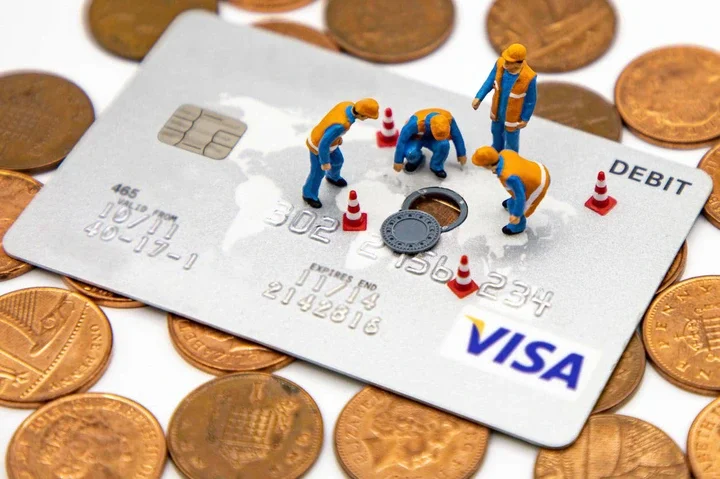From false economies to the 'lifestyle creep' - experts reveal tricks to stop spending too much.
We've all experienced that moment of end-of-month panic, staring at a dwindling bank balance and wondering where all that money went.
Often, the answer lies not in extravagant splurges, but in the slow drip of habitual, unnoticed spending.
But the good news is that a few conscious shifts can put hundreds - if not thousands - of pounds back in your pocket each year.
We hear from three personal finance experts on the most common money-wasting pitfalls and the practical ways to sidestep them.
1. Don't let bills and contracts roll over unchecked
When it comes to household finances, inertia is expensive.
"Household bills are one of the biggest culprits," says TV's consumer finance expert and co-founder of Nous, Greg Marsh. "Most of us overpay without realising, often by hundreds of pounds a year."
He warns that energy, broadband and mobile providers count on customer complacency: "Suppliers know it, and they cash in on the fact we're too busy to handle all this properly."
The same logic applies to bundled mobile deals. "Taking out a mobile contract that includes a handset can feel like an affordable way to spread the cost. All too often it results in people paying much more overall," says Marsh.
SIM-only deals, he explains, often start from just £7 a month - far less than most contracts.
2. Watch out for subscriptions and small spends
Subscriptions might seem harmless, but they can easily become a financial black hole.
"Review your monthly subscriptions," urges Marsh, "many of us pay for multiple entertainment or lifestyle services we rarely use."
Small purchases are often the biggest culprits, "small, frequent purchases, like daily coffees, meal deals or impulsive online buys are often overlooked," explains Hodge Bank's managing director of retail Christie Cook, "they can quietly erode your budget without you realising."
These costs often go unnoticed, but over time they quietly build up.
"Track every non-essential spend under £10 for a week - whether it's snacks, digital buys or spontaneous treats - and group them by purpose, not just category," says CEO of Marygold & Co. Matthew Parden. The result may be eye-opening.
3. Beware of false economies
Chasing 'deals' often backfires. Buying in bulk, snapping up delivery passes or jumping on a subscription offer might seem savvy - but only if you actually use what you're buying.
"Buying in bulk feels like a bargain, but if the items expire or aren't used, you end up wasting money," says Cook.
"Another is chasing sales on things you wouldn't have bought otherwise - you're still spending, not saving."
Parden says that "it feels like a smart move but only pays off if your usage matches the cost.
"Even small fixed costs can become burdens."
4. Keep an eye on 'lifestyle creep'
A pay rise or bonus can be a blessing - or a curse - if it leads to unconscious overspending. This is known as the 'lifestyle creep'.
"If your income has risen but your savings haven't, that's a good sign that you might be falling victim to lifestyle creep," says Marsh. "Setting up automated savings [...] makes it less tempting to spend extra."
Emotional spending is often a driver of lifestyle inflation, says Parden, "Marygold & Co.'s data states that 27% of Brits say their financial behaviour is shaped by their emotions."
His solution is to delay purchases or transactions momentarily to allow reflection: "The goal isn't to restrict, but to add a moment of control."
5. Use tech that reflects your life
There's no point in downloading an app, drawing up static spreadsheets and starting stat lists if you're not likely to use them day-to-day.
"Most people don't hunt around for better deals, and [providers] pray their customers don't notice how much they could save," says Marsh.
He recommends Nous, which does the legwork of monitoring household contracts and switches when better deals arise.











All Comments0